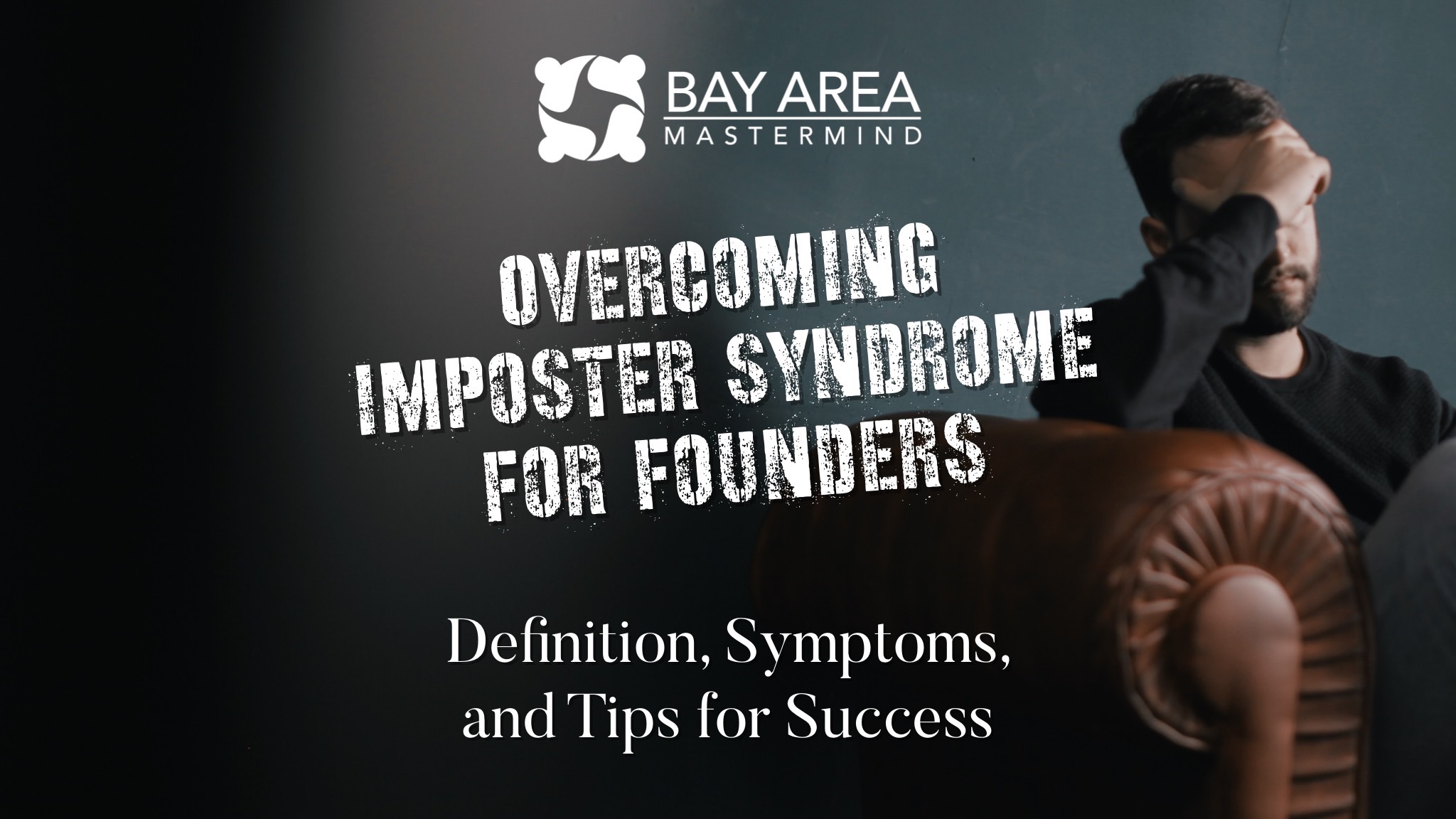Throughout our routines, we often encounter challenges that hinder productivity and personal growth. Among the most common issues are procrastination, emotional dependency, and dependência emocional é uma doença impostor syndrome. These problems not only disrupt personal and professional life, but addressing them can lead to significant personal improvement.
In this article, we’ll explore what these issues are, how they develop, and practical ways to address them. With the right insights, you can take control of your habits and live a more fulfilling life.
What is Procrastination?
Procrastination refers to the act of delaying tasks that require immediate attention. It is commonly caused by fear of failure, perfectionism, or lack of motivation.

Studies reveal that procrastination is rooted in the brain’s preference for short-term rewards. Common causes include poor time management, low energy levels, and overwhelming workloads. Recognizing these triggers is essential to addressing the issue effectively.
How Emotional Dependency Affects Relationships
Emotional dependency is characterized by a deep reliance on external relationships for a sense of security and happiness. While seeking connection is natural, excessive emotional dependency can harm both the individual and the relationship.
People with emotional dependency may struggle to make independent decisions. This behavior often stems from childhood experiences, such as a fear of abandonment or low self-esteem. Building self-awareness and working on personal growth can help foster healthier, more independent relationships.
The Effects of Impostor Syndrome on Self-Confidence
Impostor syndrome refers to the internalized fear of being exposed as a fraud. Despite achieving success, individuals with impostor syndrome attribute their achievements to luck or external factors.

This mindset can lead to chronic stress, low self-confidence, and missed opportunities. Research suggests that addressing impostor syndrome requires practicing self-compassion and recognizing personal achievements.
Practical Tips for Personal Growth
If you want to improve your habits and mindset, consider implementing the following strategies:
- For procrastination: Set small, manageable goals and practice time management strategies such as the Pomodoro Technique.
- For emotional dependency: Develop self-reliance through activities like self-reflection and personal growth exercises.
- For impostor syndrome: Document your successes and remind yourself of past accomplishments regularly.
The key to lasting change—adopt these habits gradually to create long-term improvement.
Breaking Free from Mental Barriers
These common psychological challenges don’t have to define your life. By understanding their causes and applying effective strategies, you set the stage for a more productive, confident, and fulfilling future.
Begin today—pick a single habit to focus on and commit to making gradual progress. You’ll notice meaningful changes in how you approach challenges and opportunities.